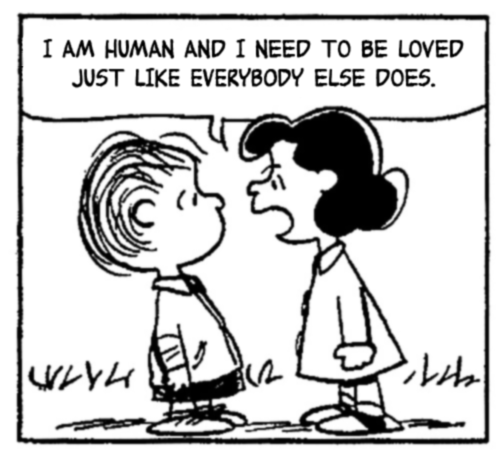
The latest research on burnout is very clear: “While most people think job burnout is just a matter of working too hard, that’s not necessarily true. Burnout is not just when you need a vacation to recharge. It’s when you feel overwhelming exhaustion, frustration, cynicism and a sense of ineffectiveness and failure.”
So let’s get 5 things clear:
1. Burnout is not simply too much work.
2. Burnout is not the same as stress.
3. Burnout doesn’t go away with a holiday.
4. If you are just tired you are not burned-out.
5. Burnout is an existential issue, not simply a stress problem.
Burnout has become a word used to say ‘I’m tired’. It’s like when we feel sad and we say ‘I’m depressed’. Our society has pathologised human suffering to a degree that we are all burned-out and depressed. I think this is what’s depressing.
Those of you who have been following my work, know that when it comes to burnout, self-care, R&R, or a holiday in Vietnam are simply not enough. Endless self-help articles add to the confusion with silly ideas like work-life balance, whereas what we need is a work environment that takes into account that we are adult, trustworthy and responsible human beings, not some minions who need to be monitored and controlled every step of the way. Meaningful activities and respectful workplaces are the way to prevent burnout. Professor Maslach and Professor Leiter list six areas that can result in burnout:
1. work overload;
2. lack of control over the work;
3. insufficient rewards;
4. workplace community problems, such as incivility and a lack of support among co-workers;
5. a lack of fairness, such as inequality of pay, promotions or workload;
6. and a conflict between one’s personal values and the requirements of a job.
Notice that ‘work overload’ is just an item on the list. In fact, if I take proper time off, who cares how many hours I work a day if I love my job? I’m not suggesting that resting and dedicating space to nurturing activities beyond work doesn’t matter. I’m highlighting that we need to focus on the quality of the work experience, not just on the quantity. If we want to use burnout as a ‘mental health label’, it goes to organisations, not individuals who are the tragic symptom of a way of working that – though it may be humanitarian – it is simply not humane.
There are organisations that are so toxic (and burned-out) that even spending a couple of hours a day with them is enough for anyone to feel overwhelmed, exhausted, frustrated, cynical, as if we were breathing a stifling sense of ineffectiveness and failure. Other organisations feel like real communities and you just want to move in, live with them and work 24/7! Check-out some of these stories, and next time you hear that someone is burned-out because they are working too much pass on my website!


